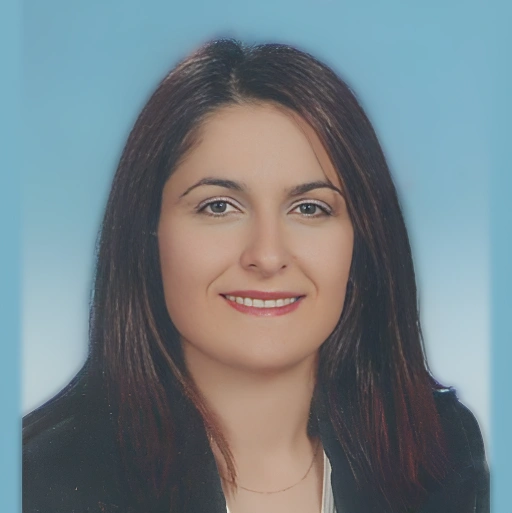Synthesis characterization and crystal structures of new Zinc II and Nickel II complexes containing morpholine moiety and their antibacterial studies
Yazarlar (8)

Ilam University, İran

Hamedan University Of Technology, İran

Ilam University, İran

Ilam University, İran

Ilam University, İran
Prof. Dr. Neslihan ÖZBEK
Kırşehir Ahi Evran Üniversitesi, Türkiye

University Of Chemistry And Technology, Prague, Çek Cumhuriyeti

Institute Of Physics Of The Czech Academy Of Sciences, Çek Cumhuriyeti
| Makale Türü | Özgün Makale (SSCI, AHCI, SCI, SCI-Exp dergilerinde yayınlanan tam makale) | ||
| Dergi Adı | Journal of the Iranian Chemical Society | ||
| Dergi ISSN | 1735-207X Wos Dergi Scopus Dergi | ||
| Dergi Tarandığı Indeksler | SCI | ||
| Makale Dili | İngilizce | Basım Tarihi | 01-2015 |
| Cilt / Sayı / Sayfa | 12 / 1 / 113–119 | DOI | 10.1007/s13738-014-0462-2 |
| Makale Linki | http://link.springer.com/10.1007/s13738-014-0462-2 | ||
| Özet |
| The ligand 1,2-dimorpholinoethane (DME) was used to prepare Zn(II) and Ni(II) complexes of the general formulation MLX2 (L = DME, X = Cl or NO3). Zinc(II) complex exhibits spectral properties indicative of a distorted tetrahedral geometry, with DME coordinating through two nitrogen atoms and two chlorides completing the tetrahedron. This is in contrast to the six-coordinated, distorted octahedral geometry exhibited by nickel(II) complex of DME when NO3 was used as counter ions. The X-ray diffraction confirms the structures of two complexes and shows that the ligand coordinates through two nitrogen atoms while the two ether linkages are not involved in complexation, which would have been the case if the morpholine rings were in the boat form. The ligand and related complexes have antibacterial activity against the five Gram-positive bacteria: Bacillus subtilis ATCC 6633, Staphylococcus aureus ATCC 6538, Bacillus cereus NRRL-B-3711, Enterococcus faecalis ATCC 29212 and Streptococcus pyogenes and also against the three Gram-negative bacteria: Escherichia coli ATCC 11230, Pseudomonas aeruginosa ATCC 15442 and Klebsiella pneumonia ATCC 70063. The results showed that in some cases the antibacterial activity of the complexes exceeded the one of sulfisoxazole used as a standard. |
| Anahtar Kelimeler |
| Antibacterial effects | Crystal structure | Morpholine moiety | Nickel(II) complex | Zinc(II) complex |

